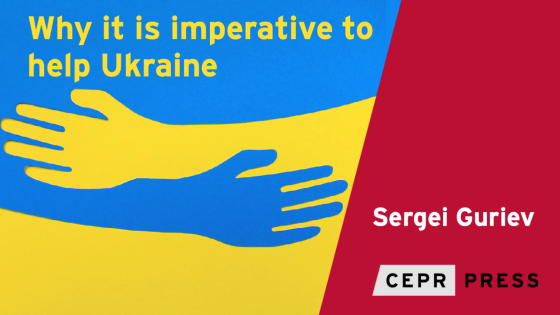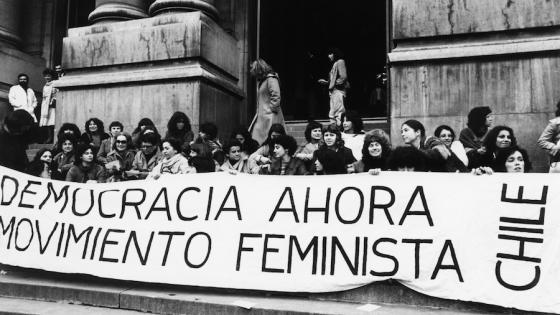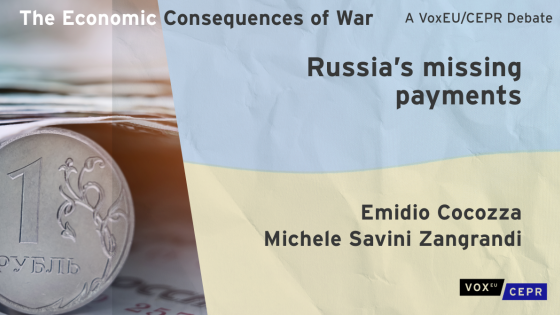Continued atrocities committed against the Syrian people have increased pressure on the international community to indict the Syrian President, Bashar al-Assad, through the International Criminal Court (ICC).1 But the use of the ICC is a double-edged sword; as Scharf (1999) put it, the ICC may deliver “justice at the expense of peace.”
An ICC indictment of Assad at this moment may very well lead to an increase in violence against the Syrian population. Such developments have been seen in the past. The LRA troops of Joseph Kony became more brutal after the ICC indicted him in 2005. Prior to this there were ongoing peace talks and the LRA was relatively inactive. Following the indictment, the LRA rebuilt troop numbers while Kony vowed not to sign the 2008 peace treaty unless the charges against him were dropped. Later that year the LRA later launched a major offensive, carrying out a massacre on Christmas Day. Over the following three weeks they killed at least 800 people and abducted hundreds more – and this unstable situation continues to this day (see for example http://www.bbc.co.uk/news/world-africa-17299084). A similar reaction took place in Congo soon after the ICC-indictment of Bosco Ntaganda; his rebel group attacked the city of Goma, forcing over 200,000 civilians to flee their homes.
Recent research
In our recent paper (Larcom et al 2013) we develop a model that explains the course of these events. We use economic principles to model the behaviour of self-interested dictators – similar to what is done in Acemoglu and Robinson (2006), Besley and Kudamatsu (2007), and Sonin (2008).
Specifically, we use a game-theoretic approach to analyse the effects of the new set of incentives that malevolent dictators and warlords face since 2002, when a permanent international court was established with the aim of trying persons for acts of genocide, war crimes, and crimes against humanity. Our analysis shows that the presence of the ICC will on the one hand lead to less malevolent rulers, but those that do end up in power will actually choose to commit more atrocities – thereby leading to a polarisation of outcomes.
The installation of the ICC is believed to signal to heads of state that they will be prosecuted should they choose to commit any of the aforementioned crimes. Given that the 20th century is littered with scores of vicious dictators who were granted amnesty or asylum2 – simply to end bloodshed and give the country a chance to install a better leader instead – this constitutes a significant institutional change compared to earlier practices. By establishing the ICC, the international community has increased its commitment to prosecute malevolent dictators ex post. Subsequently using this vehicle to indict a particular individual will only increase this commitment further.
Our analysis suggests that while such increased commitment will lead to fewer malevolent dictators in the long run (by an entry-deterrence effect), it may also see dictators of a worse type rising to power in the future through adverse selection. In addition, those already in power (such as Bashar al-Assad) may choose to worsen their behaviour in response, as dictators are seemingly aware of the fact that they are able to ‘break’ the international community’s resolve to prosecute them by worsening the local situation. Deterioration in local conditions puts pressure on the international community to end suffering of civilians in the quickest possible way, which is often by offering a misbehaving dictator amnesty or asylum in return for his immediate abdication. History indeed suggests that it is the very worst who manage to get away with their crimes. Inspired by examples like that of Idi Amin (who ‘earned’ himself an asylum offer by committing many atrocities against the Ugandan population), the counsel for Human Rights Watch Reed Brody once noted that “if you kill one person, you go to jail; if you kill 20, you go to an institution for the insane; if you kill 20,000, you get political asylum”.
Since an ICC indictment would push such an escape route further away for Assad (without pushing it beyond reach, as the Rome Statute of the ICC does contain several ‘escape clauses’), there is the risk that Assad will respond by worsening his behaviour. More violence is now necessary to make the asylum option – Assad’s only possible way out – available to him. In this situation, behaving worse actually enables a malevolent dictator to improve his own future prospects (which is the essence of Reed Brody’s aforementioned quotation).3 Increased violence raises the cost to the international community of remaining time consistent, i.e. sticking to its earlier threats to prosecute the responsible dictator. Consequently, increased commitment of the international community to the ex post punishment of crimes can paradoxically lead to more crimes being committed.
The aforementioned examples of Joseph Kony and Bosco Ntaganda, who worsened their behaviour after the ICC indicted them, seem consistent with these predictions. In fact, after Ntaganda’s attack on the city of Goma, his spokesman alluded to strategic motives as he stated that Ntaganda was not interested in control of the city, but all he wanted “is that the Congolese government sit down at the negotiating table.”
Very much along these lines, Thomas Schelling (1966) already noted that “the power to hurt is a kind of bargaining power”. Unfortunately, since dictators seem to be well aware of this, increasing our commitment to prosecute a ‘cornered dictator’ like Bashar al-Assad may very well provoke an even more violent response.
References
Acemoglu, Daron and James Robinson (2006), Economic Origins of Dictatorship and Democracy, Cambridge: Cambridge University Press.
Besley, Timothy and Masa Kudamatsu (2007), “What can we learn from successful autocracies?”, VoxEU.org, 5 July.
Larcom, Shaun, Mare Sarr and Tim Willems (2013), “What shall we do with the bad dictator?”, Oxford Department of Economics Discussion Paper Series No. 671.
Scharf, Michael P (1999), “The amnesty exception to the jurisdiction of the International Criminal Court”, Cornell International Law Journal, 32, pp. 507-527.
Schelling, Thomas (1966), Arms and Influence, New Haven: Yale University Press.
Sonin, Konstantin (2008), “The dictator’s approach to electoral patterns”, VoxEU.org, 9 August 2008.
1 See e.g. http://www.theguardian.com/commentisfree/2013/aug/31/syria-assad-war-criminal. Moreover, in January 2013, 58 countries already signed a petition in which they asked the UN Security Council to refer the Syria crisis to the ICC (which is necessary as Syria never ratified the Rome Treaty of the ICC).
2 The most notable example in this respect is probably that of Idi Amin, who spent his post-dictator years comfortably in a Saudi Arabian hotel, without ever being prosecuted for the estimated 300,000 deaths in Uganda that his regime is held responsible for. See Scharf (1999) for many more examples.
3 In the 2012 documentary Peace vs. Justice, ICC-investigator Matthew Brubacher compares this kind of behaviour by dictators to “blackmailing”. He states: “It’s essentially blackmailing. They kill as massively, as intensively, and as brutally as possible until the international community basically puts up its hand and says: ‘OK, let's just go for peace. We'll give you money, we'll give you food, we'll give you whatever you want - just stop killing people.’” In Larcom, Sarr and Willems (2013) we also relate this to the actions of terrorists and kidnappers. To signal that they are serious, they tend to start their actions in a very atrocious way so as to ‘break’ authorities and open up negotiations with them.





